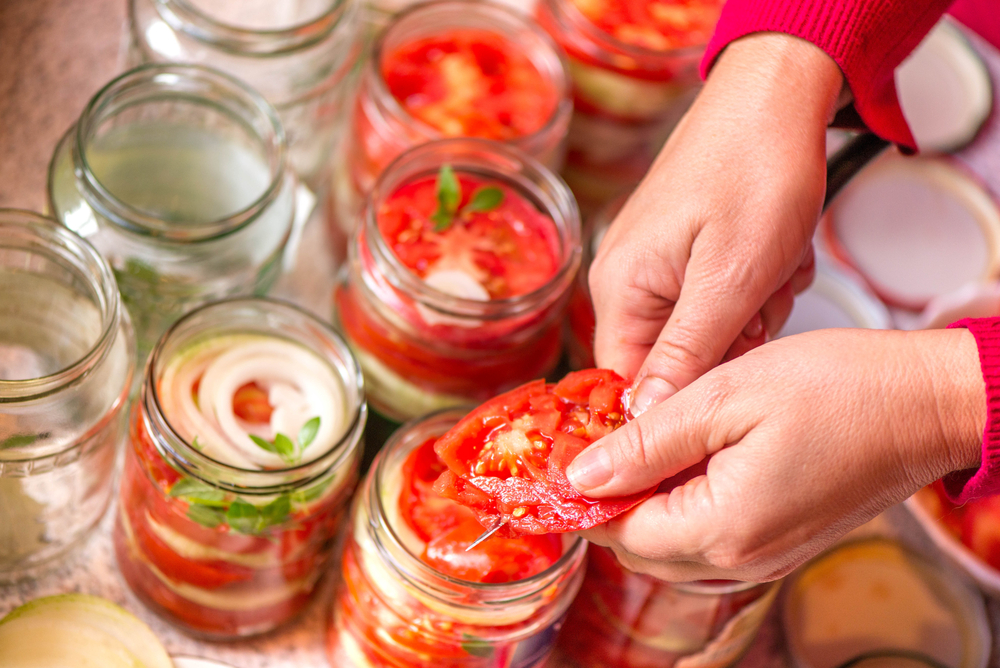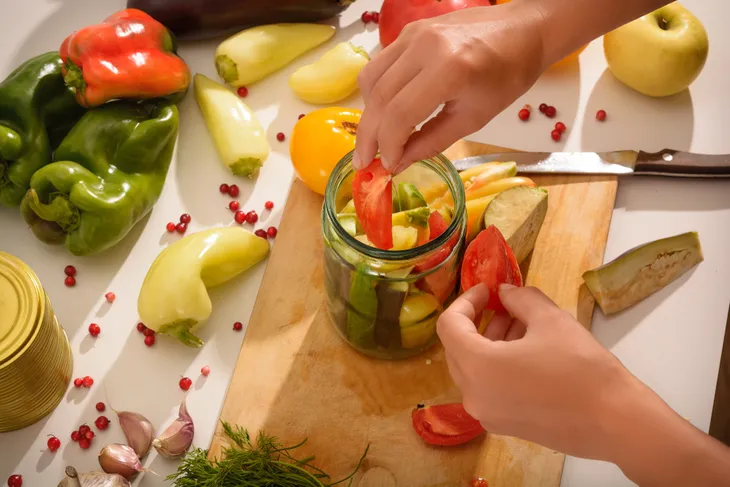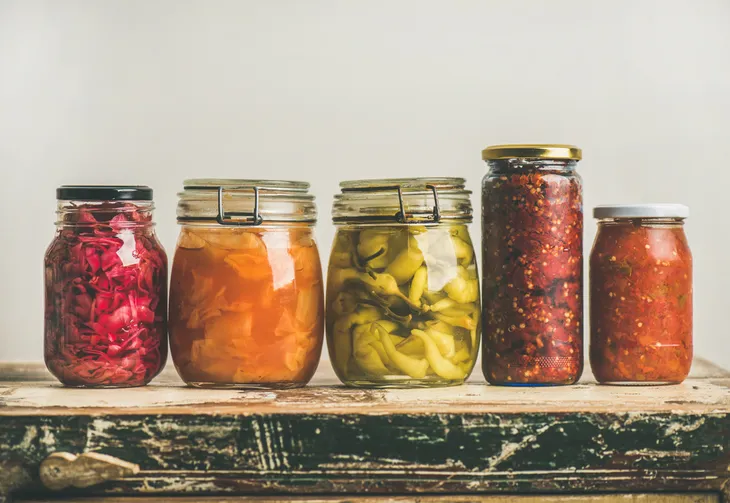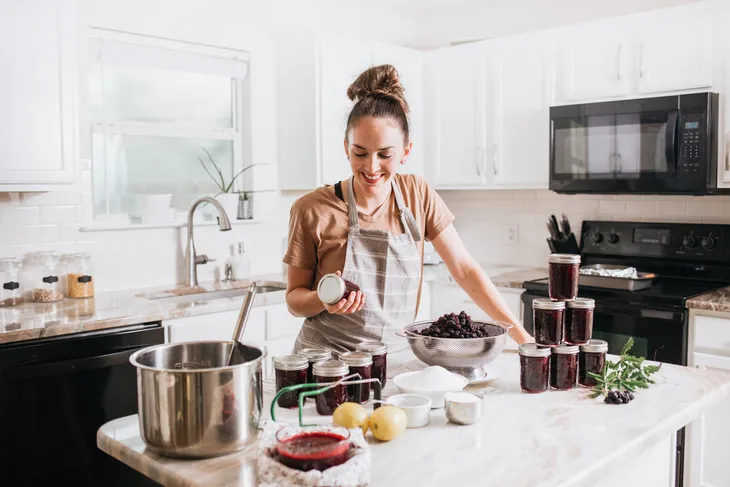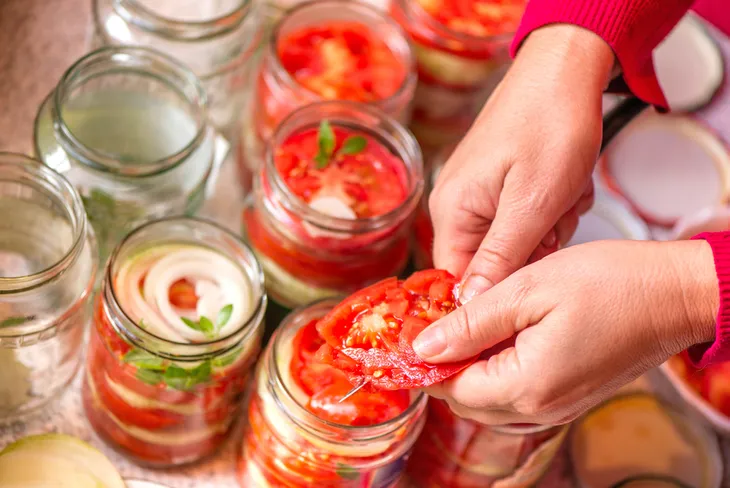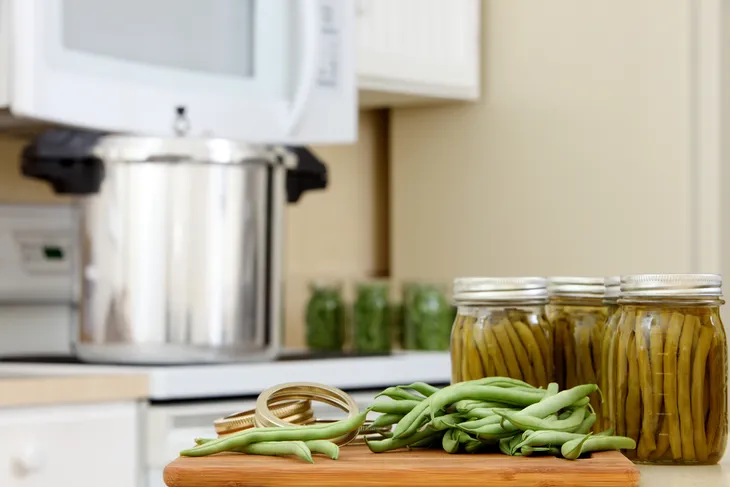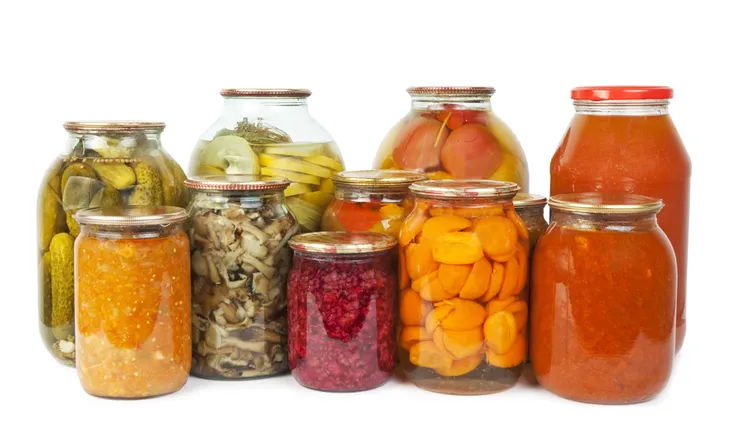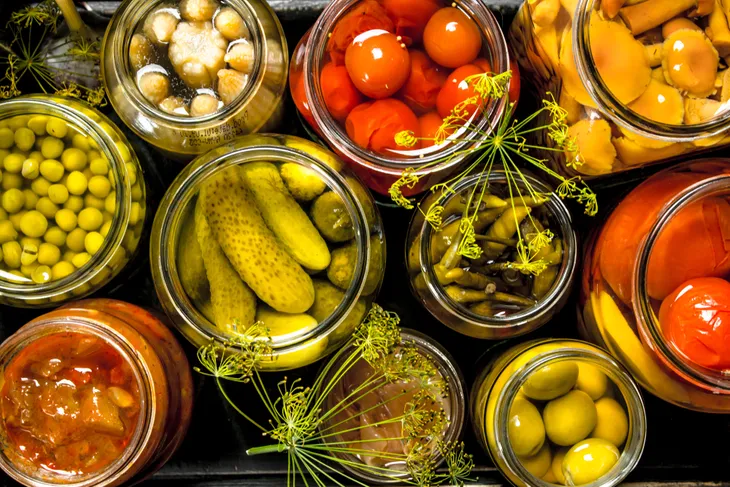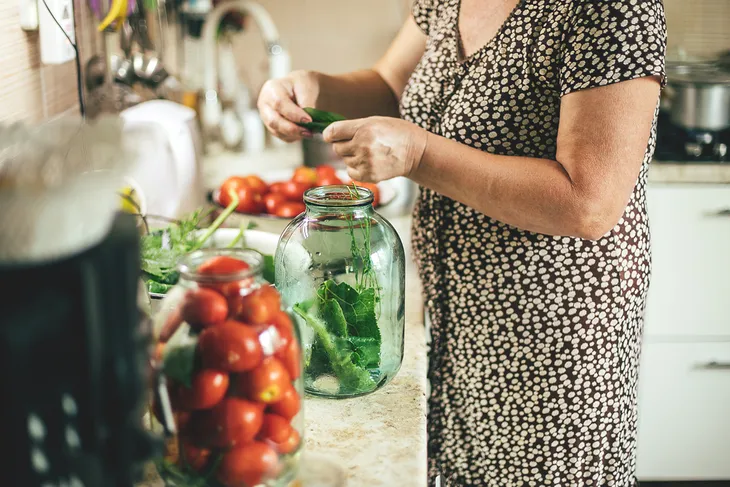There’s nothing more rewarding than growing and eating your very own fruits and vegetables. But what if you produce too much for your family to eat before all that hard work goes to waste? The last thing you want to see is all of that fresh food go bad.
The solution, for many foodies, is to can and preserve their fresh produce. When done correctly, this can extend the life of your favorite foods, making them available to eat at a much later date. But what do you need to know to make your canning and preservation both safe and successful?
Know the Risks
Before you get started, it’s important to know the health risks associated with eating improperly canned and preserved food. First and foremost, be aware that failing to take the necessary precautions can result in botulism, which is caused by a bacteria-based toxin that thrives in a moist, oxygen-free area.
Here’s the problem: Botulism, which can lead to nausea, vomiting, dizziness, headache, paralysis and even death, doesn’t affect the color, smell, or taste of food, according to the Centers for Disease Control (CDC). So, if you’re not sure you canned your food properly, get rid of it immediately!
Know Your Canning Types
There are two types of canning food types: high-acid foods and low-acid foods. High-acid foods have an acidity level below 4.6 and require a boiling water canner. The natural acid in the food will prevent botulism and other bacteria from growing. Examples include fruit, pickles, and sauerkraut.
Low-acid foods include fresh vegetables, meat, soup, milk, and spaghetti sauce. Low-acid foods have an acidity level above 4.6, which means they require a pressure canner to ensure safety. Otherwise, you won’t be able to kill botulism bacteria.
Keep it Clean
Being safe while canning and preserving means keeping everything clean—including yourself, kitchen surfaces and utensils, and the fruits and vegetables you’re preparing. Be sure to wash your hands with soap and water for about half a minute before getting started.
Also, be sure to wash your fruits and vegetables under cool, drinkable water. Make sure you don’t cross-contaminate your produce with raw meat. Finally, regularly sanitize your working space with kitchen sanitizer or a safe bleach solution.
Use the Right Cooking Tools
Remember, you’ll need to use a boiling water canner for high-acid foods and a pressure canner for low-acid foods. Failing to use these crucial tools could result in the growth of dangerous bacteria and the botulism toxin, which could lead to illness and even death.
It’s also important to avoid changing processing times and pressure levels. Safe cooking should also involve regular checking of cooking and heating temperatures to ensure they’re not varying wildly.
Ensure Equipment is Up to Snuff
Don’t get started without making sure your basic equipment is good enough for the task ahead. First, make sure the jars you’re using have been approved for home canning and bottling. Second, make sure to only use self-sealing lids. If you’re using old lids, make sure the sealing compound is intact.
As for your recipes, make sure you’re using tested home canning recipes. If there’s any doubt about the recipe you’re thinking of using, don’t use it—it’s just not worth risking the health of your friends and family.
Be Thorough When Storing Canned Goods
The job of safely canning and preserving your favorite foods doesn’t end when you slide each jar closed. It’s absolutely crucial that you carefully and meticulously label all of your home canned goods when you go to store them.
Make sure to write down the food and the date it was cooked and jarred. Once that’s done, be sure to store your canned goods in a cool and dry place, such as a garage, shed, or pantry. To ensure the best quality, consume your canned or bottled foods within a year.
Tips for Buying Commercially Canned Goods
Clearly, it can be dangerous to can or bottle your own food. Not taking the right precautions can lead to sickness and even death. But what’s the threat posed by commercially canned goods?
The good news is that the risk of getting sick from botulism is extremely low when buying commercially canned foods. That’s because manufacturers stick to strict thermal processes that are engineered to destroy all dangerous bacteria. That said, it’s important you avoid buying canned goods that are clearly damaged.
Know the Source of Your Canned Goods
When canned and bottled correctly, preserved foods can be absolutely delicious—perhaps even more tasty than similar items available through grocery stores. But it’s important to know who canned or bottled the food items you and your family are about to eat.
Only buy and consume canned and bottled goods from trusted sources—like that aunt who’s been safely canning and bottling fruits and vegetables for decades. You may want to be a little more cautious when receiving these items from someone who’s never canned or bottled before.
